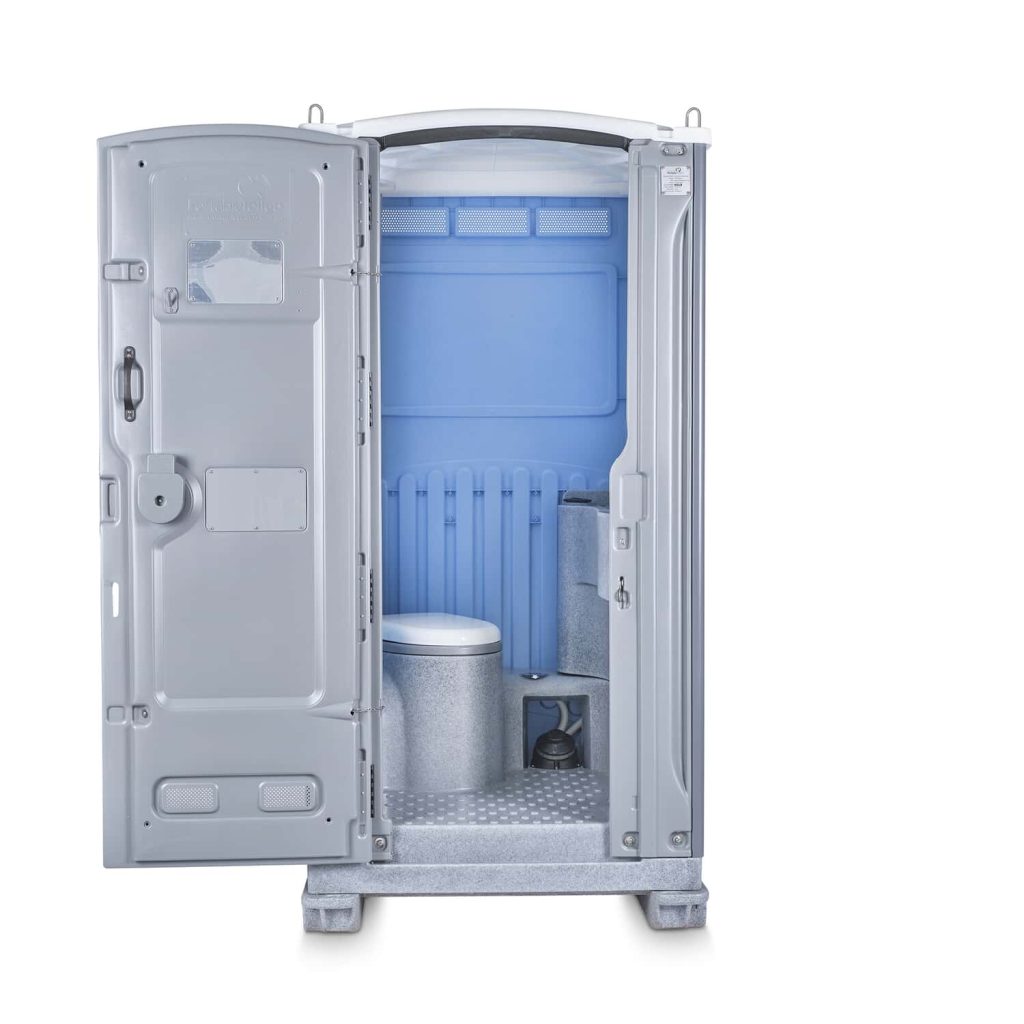By Winston Franklyn
Introduction
In 2022, 57% of the global population—approximately 4.6 billion people—used a safely managed sanitation service, according to the World Health Organization. This statistic highlights that sanitation is just as essential as healthcare in preventing and controlling diseases such as cholera, diarrhea, and other infectious illnesses.
Portable toilets, commonly known as porta-potties, are temporary sanitation facilities used at outdoor events to reduce the spread of disease and prevent environmental contamination from fecal and urinary waste. In our previous articles on environmental health and public events, we briefly touched on the issue of liquid waste and its impact on the environment. In this article, we focus on the vital role that portable toilets play during mass gatherings.
A mass gathering is defined as any event that hosts between 50 to 10,000 participants. These include carnivals, concerts, festivals, and similar activities where patrons may spend anywhere from 1 to 24 hours eating, drinking, and engaging in various forms of entertainment. For such events, organizers must prioritize sanitation by providing sufficient portable toilet facilities.
Benefits of Portable Toilets
- Ease of Cleaning and Maintenance:
Due to frequent use at events, portable toilets should be regularly maintained. Promoters should hire sanitation personnel to clean and service the units throughout the event. This reduces overcrowding, improves hygiene, and enhances user experience. - Scalability:
The number of portable toilets required depends on the event’s size, duration, and attendance. A general guideline is to provide at least one portable toilet for every 100 attendees, with additional units as needed to accommodate longer durations or higher consumption of food and beverages. - Environmental and Public Health Benefits:
When properly maintained, portable toilets prevent open defecation and uncontrolled waste, reducing the risk of waterborne diseases and maintaining a cleaner, safer environment.
Environmental Health Considerations
Despite their benefits, portable toilets can also pose environmental hazards if not properly managed: - Environmental Pollution:
Poorly maintained units can leak or overflow, polluting nearby ecosystems and posing health risks. - Chemical Emissions and Odors:
Porta-potties often contain chemicals to neutralize odors. If mishandled, these chemicals—especially volatile organic compounds (VOCs)—can be released into the environment, affecting air quality and public comfort. - Soil Contamination:
Leaks or improper disposal can lead to soil contamination, disrupting natural processes and harming plant and animal life.
To mitigate these issues, event organizers should:
• Avoid placing portable toilets near water bodies, food areas, or public entrances.
• Ensure a proper ratio of units to attendees, based on event duration and expected crowd size.
• Dispose of waste within 24 hours using certified waste disposal companies, with all handlers using appropriate protective gear.
Conclusion
Portable toilets are a crucial component of public health management at both large and small events. While they offer convenience and support sanitation, their placement, maintenance, and disposal must be carefully managed to prevent environmental degradation. Ultimately, protecting the environment and public health is a shared responsibility. Ensuring proper sanitation at public gatherings benefits not only attendees but the broader community and ecosyste n - Winston Franklyn
Environmental Health Officer
Environmental Health Department

